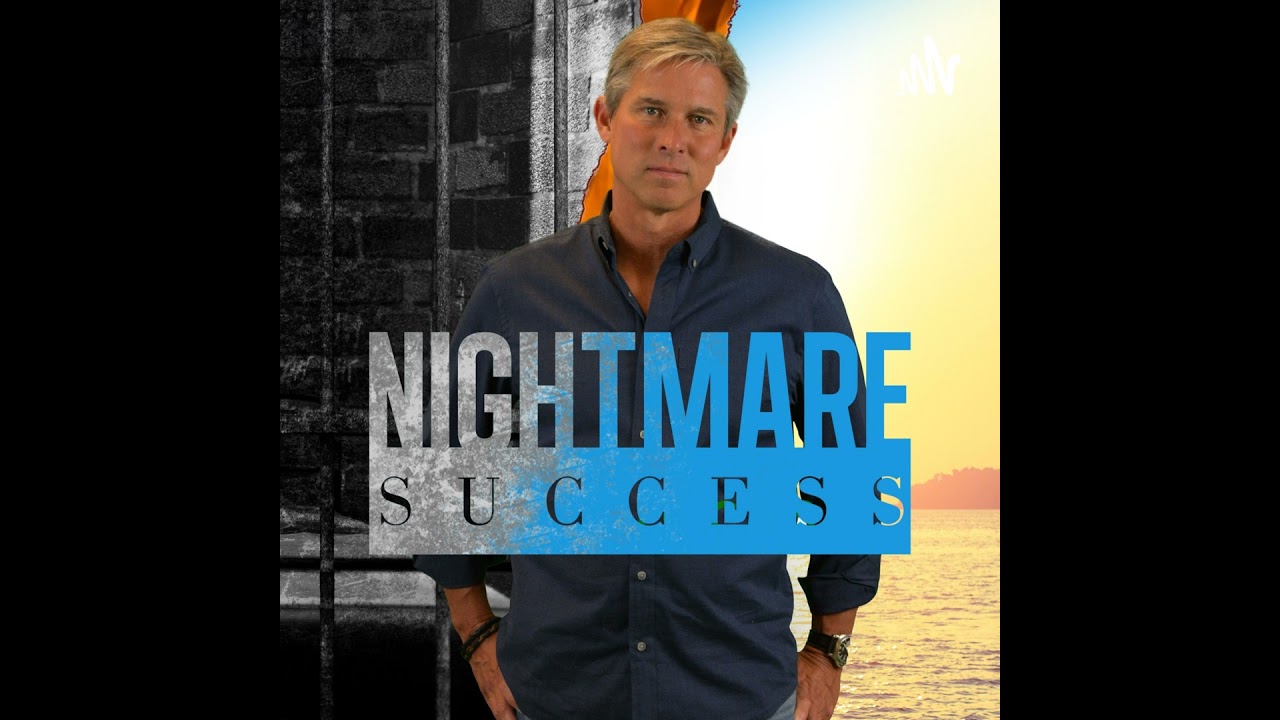Robert Riley II sat at a table in a small coffee shop in Southern California, a coffee truck parked outside bearing his company’s logo. The aroma of freshly brewed coffee filled the air, but it was the moment he shared about his father that truly caught everyone’s attention. He recalled their last meeting, a bittersweet encounter where he finally understood their shared struggles with addiction. In that moment, Robert felt a profound connection to the man who had been absent for most of his life, a man who had battled his own demons.
The weight of their shared history pressed down on him, but it also ignited a spark of purpose within him, a desire to break the cycle that had plagued his family. Growing up, Robert’s childhood was anything but stable. He moved around Orange County, often living in houses that were for sale, and attended multiple schools, sometimes changing as many as four times in a single year. This constant upheaval left him feeling insecure, and he quickly learned to use humor as a coping mechanism to fit in with his peers.
But while he tried to navigate the complexities of childhood, there was a darker undercurrent forming in his life. With a father who was in prison for heroin use and a mother who struggled with mental health issues, Robert’s early years were marked by instability and a longing for connection. At just 14, he turned to substances as a way to escape the emotional turmoil. It began with alcohol and rapidly escalated to cocaine and PCP within a week.
This initial high quickly spiraled into a deep seated addiction that would take years to confront. But it was through this journey of substance use that he began to realize the true impact of his father’s absence. The pain of not having a father figure became intertwined with his own struggles, leading him down a path that would eventually land him in prison. While incarcerated, Robert faced the harsh realities of life as a felon.
The stigma attached to his past weighed heavily on him, but it also served as a catalyst for change. During his time in prison, he began to reflect on his life and the choices that had led him there. It was a turning point that propelled him toward recovery. Upon his release in 2008, he committed himself to a 12 step program, determined to break free from the chains of addiction.
This experience marked the beginning of a new chapter for Robert. He not only focused on his own recovery but also found a calling in advocating for others. He witnessed firsthand the devastation caused by opioid overdoses, losing friends to the very substances that once consumed him. This realization ignited a passion within him to make a difference.
He began administering Narcan in his community, recognizing its potential to save lives. He also took steps to write laws aimed at breaking down barriers for those seeking recovery support. The journey did not stop there. Robert understood that recovery was not just about overcoming addiction; it was also about rebuilding a life.
He created supportive housing initiatives and launched a coffee truck business, providing opportunities for others in recovery to gain employment. Each step he took was fueled by the desire to help those who were struggling, just as he once had. His transformation from a felon to a community advocate and business owner is a testament to the power of change and the impact one person can have on the lives of many. Today, Robert stands proud as a father of three grown boys, fully engaged in his recovery.
He often reflects on the lessons learned from his past and the importance of giving back. He encourages others to embrace their stories, no matter how painful, and to use their experiences to contribute positively to society. In a world that can often feel disconnected, Robert’s journey serves as a reminder of the power of connection and the potential for growth that lies within us all. As we listen to Robert’s story, we are reminded that the path to recovery is not just about personal healing; it is about creating a legacy of hope and support for others.
His commitment to advocacy and community service exemplifies the profound impact one individual can have when they choose to turn their pain into purpose. In sharing his journey, Robert not only honors his past but also lights the way for those who may still be navigating their own darkness.

